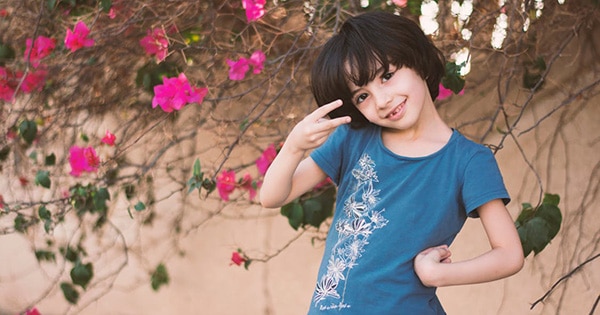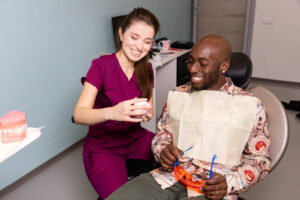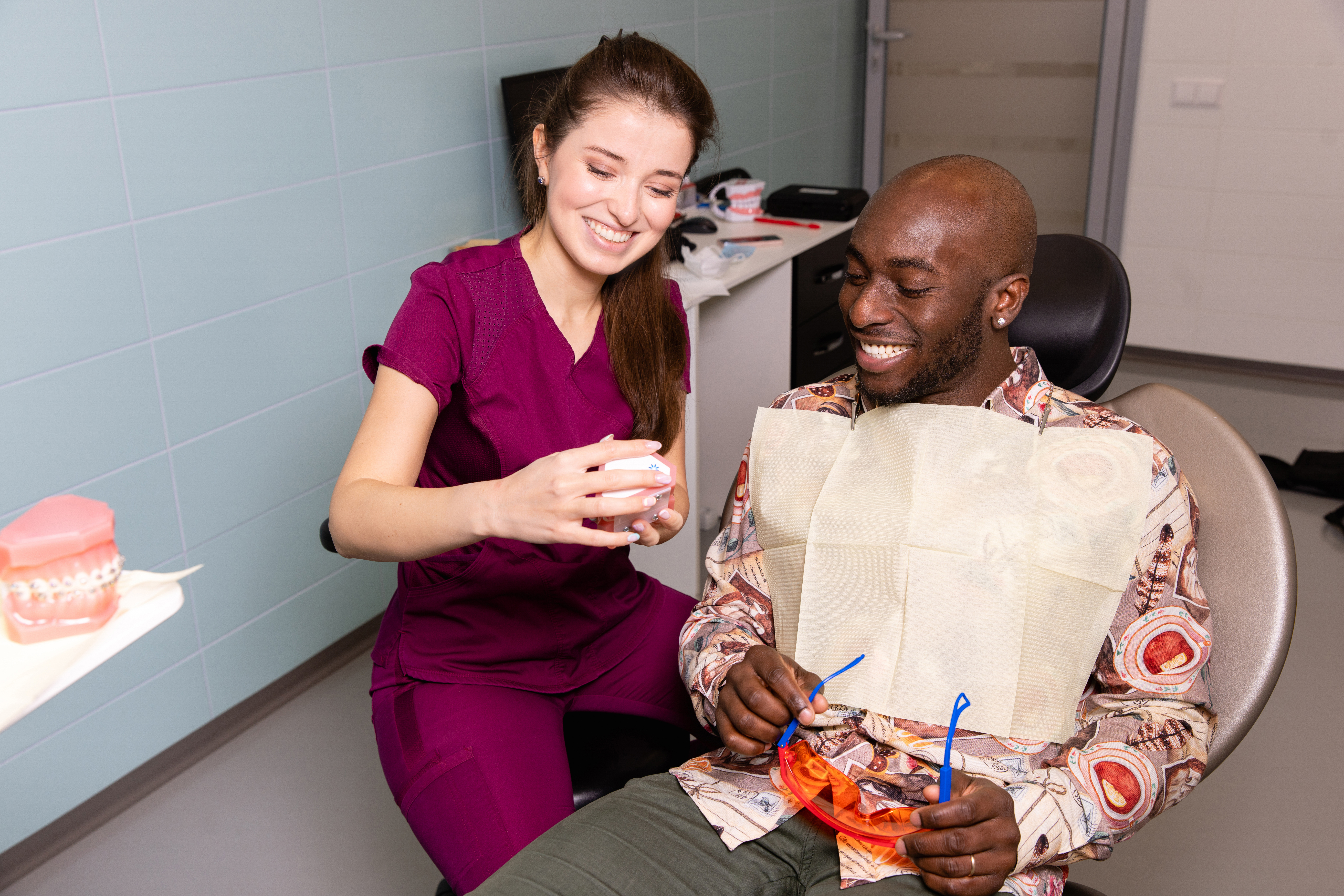They say a dirty child is a happy child. The same is true for a child with a chipped tooth, because most of the time, it happens when they’re climbing, sliding, running, jumping or spinning in a circle until they fall down.
Remember that these baby teeth are just that baby teeth. They’ll eventually fall out and be replaced with a new set of adult teeth. But if they chip their teeth you should still book an appointment to have the tooth assessed. If it’s a minor chip, sometimes all we have to do is smooth it out so it doesn’t cut their lip or ruin family photos. If the chip’s more significant, we might fill the tooth in or provide additional treatment.
Eating with a chipped tooth
Children are picky eaters at the best of times, so if a chipped tooth is keeping your child from eating, it should be addressed. After the trauma, their mouth will be tender the first day or so. During this time, maybe don’t worry about pushing them to eat corn on the cob or anything like that. But if any pain persists, it’s possible that the tooth is chipped worse than it may seem. A chip could be a crack that extends all the way up to the root which will need to be addressed.
Speaking with a chipped tooth
Depending on which tooth is chipped and how severe the chip is, the result could be a change in the way your child speaks. This is a problem because you want your child speaking as much as possible and developing their oral language abilities— and that’s harder to do when a chip is impeding pronunciation. It can lead to a loss of confidence, which may stunt development. Best to check in with your child’s teacher. If he or she notices changes in participation or that your child is quieter than usual after a chipping incident, make an appointment and let’s get that chip fixed.
Chips happen
For children a chipped tooth is a badge of honour. It means they are active and having fun. And that’s really all you can ask for.








